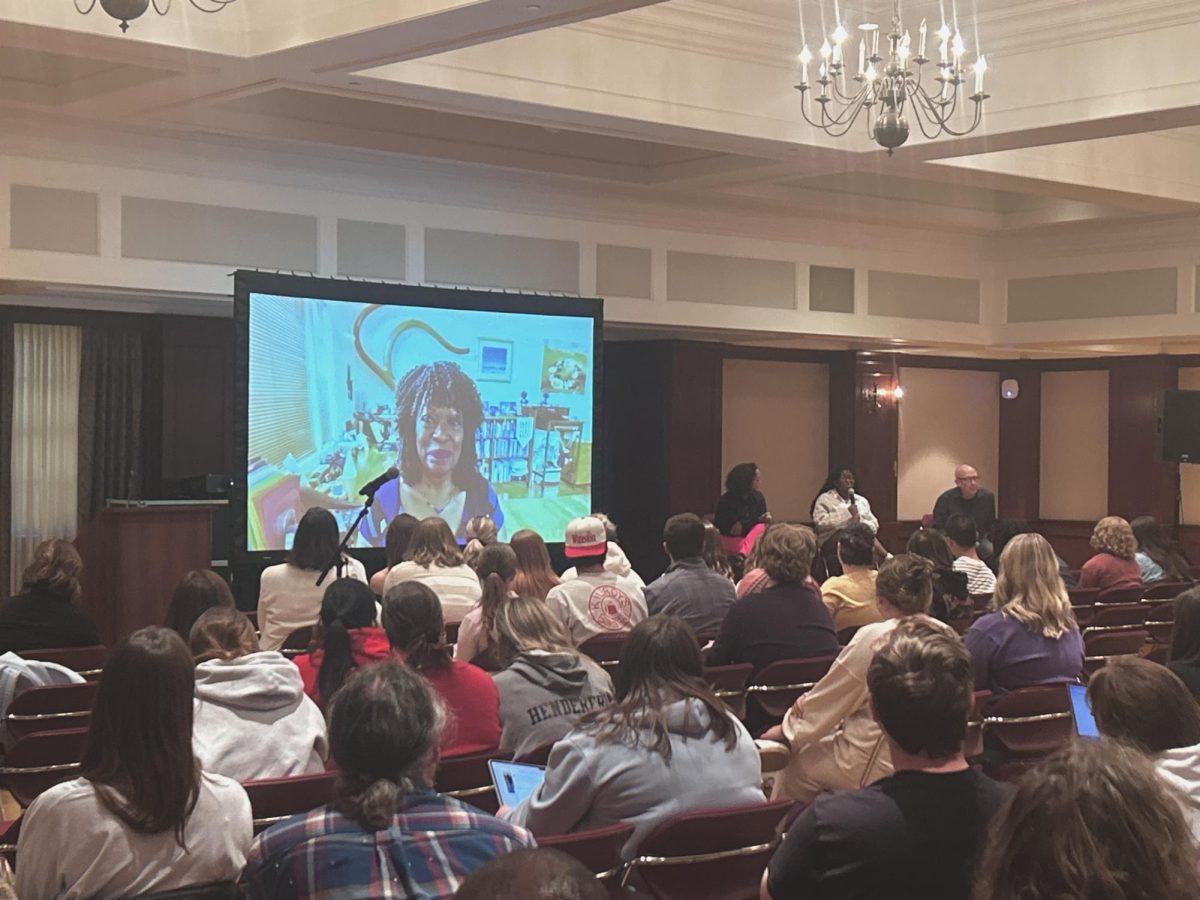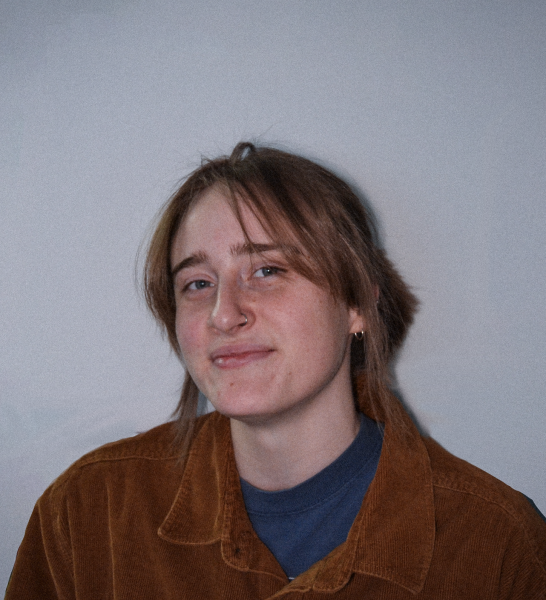On a Tuesday in 1970, the students of Advanced Composition at Miami University were told they’d be getting a new professor — a replacement for their ill and hospitalized English teacher.
On the following Thursday, the students arrived at an empty classroom, took their seats and waited with anticipation. One of those students was Rita Dove.
“We were wondering if we should simply gather up our things and go back to our dorms — when the door opened, and he came in on a gust of air” Dove said. “I’ve never seen anyone stride like this man did.”
Milton White was a shorter, pale man with thick, white hair. In a virtual talk with Miami students on April 25, Dove, who won the Pulitzer prize for poetry in 1987, spoke about how this professor changed her understanding of her own capabilities.
“He talked enthusiastically about life and chance encounters that joined to form a plot about the history each of us carry, that continues to shape us and permeates our every interaction but which we rarely share with one another – sometimes not even ourselves,” Dove said.
At 40, Dove was the youngest and the first African American appointed to the position of United States Poet Laureate.
“She has received more honors and awards than I have time to list,” provost Elizabeth Mullenix said by way of introduction. They include the National Humanities Medal, awarded by Bill Clinton in 1996, and the National Medal of Arts, awarded by Barack Obama in 2011.
Nya Hodge, a current Creative Writing student at Miami, was part of a faculty and student panel that spoke with Dove at the end of the talk.
“The fondness with which you speak about our little university makes my heart sing,” said Hodge. “As a creative writing major, it’s just great to know that someone is finding success and doing the work that we do.”
Dove credited Miami for the “threads” that formed her journey as a writer.
“I want to talk about these things that changed my life at Miami University — it sounds dramatic — but it’s true. And the changes I think boil down to one recognition and five professors,” Dove said.
Five professors, thread and some stitching
Mid stride, Milton White introduced himself to that English class back in 1970 and ordered away the notebooks of his bewildered students. They wouldn’t be needing them. He wanted their attention on him and his blue suit.
“Never before had I seen a suit that color — between cobalt and electric blue, a shade so amazing that my jaw quite literally dropped as if I had ingested too much awe and needed to get some back out into the room to equalize the pressure,” Dove said.
“Isn’t it gorgeous?” White asked the class as he stroked the sleeve.
It was an Italian suit — custom-tailored and made with fine fabric.
Then, he continued to pace as he told the students what they would learn from him. He walked about the room, reaching each corner and followed by the eyes of students.
Dove recalled that students snickered. They thought the act was odd. She, though, perceived no sense of ego in her new professor. He was up to something.
“No, I gradually realized he was modeling the suit, asking us to look at it and marvel with him,” Dove said. “The creation story it had to tell, of men and women who had cut and sewn the fabric, turned the collar with infinitesimal stitching invisible to the human eye. And deeper into the fabric itself: the ones who dyed it, the carvers who carved into it and the silkworm and lamb’s wool.”
Dove said White taught clean, stripped-down prose that had a sense of intimacy.
“His persona that day, flamboyant yet perceptive, effusive yet lucid and strict, expansive yet prodding, forbearing and critical, turned out to be his mantra for writing fiction and came to exemplify everything I believe any piece of writing can be,” Dove said.
Her poetry professor, Jim Reese taught her to write with grit, emotion and anticipation.
Her German professor, Dan North, encouraged her to apply for the Fulbright scholarship that sent her to Germany to translate poetry at the University of Tubingen.
Her music professor, Elizabeth Potter, connected Dove with a former student, a Miami graduate, Ronald Rusher, who was studying in Germany at the time and helped her adjust to life abroad.
“In the spring of 1973, a star came to campus,” Dove recalled. “The poet Maxine Kumin had just received the Pulitzer Prize for her fifth book of poems, ‘Up Country.’ And she had gotten it just a few weeks before that, so her reading was a mob scene.”
Her friend Gwen, a graduate student in English who she met at one of Milton White’s events, was the editor of the campus literary magazine. The position scored her a chance to walk Maxine Kumin, a visiting poet, from lunch to dinner and to an evening reading.
Gwen had promised to introduce Dove.
“What I didn’t know was that she had given Maxine some of my work,” Dove said. “After the reading, Maxine rushed and pushed her way through the crowd bearing one of the warmest smiles I’d ever seen on an adult, and said that she had read my poems and was impressed.”
They didn’t speak again until that summer. Dove went to the Breadloaf Writer’s Conference in Vermont.
“Maxine was on the faculty, and she discovered that I was there,” Dove said. “So she invited me to the prereading cocktail party for Anne Sexton, who I had studied in class.”
Sexton approached Dove, who felt too young to be at a cocktail party filled with people clearly older than her.
“She looked down at me — kindly — and growled, ‘Stay the distance.’ I was too careless to do anything” Dove said. “It was like staring, being frozen in the eye of a cobra. But I thought, ‘Okay, I will stay with this.’ And so I continued to write poems.”








